China has strengthened financial support measures to promote the robust growth of the private economy, with expanding financing channels for private enterprises high on its work agenda. Experts said the measures will help optimize the allocation of financial resources, shore up market expectations and help sustain the momentum of economic recovery.
The People's Bank of China, the country's central bank, along with seven departments, rolled out the 25 steps in late November to better underpin the development of the private economy. Many private businesses across various sectors greatly contribute to tax revenue, gross domestic product, technological innovation and job creation, which makes the private economy a pillar of China's economy.
Private enterprises have also become a significant force in the country's A-share market, with 3,368 nonfinancial listed companies. Given their sizable scale, there is still substantial room for improvement in terms of bank lending to them, said Zhang Jun, chief economist at China Galaxy Securities.
The total amount of loans to all 5,182 nonfinancial listed companies in the A-share market was roughly 17.95 trillion yuan ($2.5 trillion) at the end of September. By comparison, loans to private listed firms came in at 4.39 trillion yuan, or 24 percent of the total, Zhang added.
The measures also outlined annual targets for financial institutions to provide services for private enterprises. The weighting given to such services in performance-based assessments was increased in order to channel greater financial support to them.
By strengthening financial support and addressing the structural imbalances in granting loans, China aims to promote the sustainable growth of the private sector and foster a thriving entrepreneurial ecosystem, said Zhang Wenlang, chief macroeconomic analyst with investment bank China International Capital Corp.
Meanwhile, departments highlighted the need to prioritize support for key areas such as technological innovation, green and low-carbon initiatives and projects to upgrade foundational infrastructure, as well as micro-sized and small private firms.
The country's banking sector has intensified support for these key areas, as evidenced by recently released third-quarter data from the PBOC, with growth rates in loans in such sectors above average increases.
The data also provided a more thorough picture of inclusive finance to provide more affordable financial products and services. The balance of China's inclusive loans to micro-sized and small businesses stood at 27.8 trillion yuan by the end of the third quarter, representing year-on-year growth of 24.1 percent. The growth rate outpaced the overall loan growth rate by 13.2 percentage points.
That said, the purchasing managers indexes for small and medium-sized businesses in the manufacturing sector came in at 48.7 and 47.9, respectively, in October, data from the National Bureau of Statistics showed. These numbers are below the 50 mark that separates expansion from contraction. They were also 0.1 and 0.9 lower than those in September, respectively.
Wang Qing, chief macroeconomic analyst at Golden Credit Rating International, said to facilitate the ongoing economic recovery and maintain stable employment, bolstering financial support for smaller businesses in the private sector is of paramount importance. This will also enable them to navigate economic uncertainties and seize growth opportunities.
Following the introduction of the new policy measures, Wang estimated that outstanding inclusive loans for smaller enterprises in the private sector are expected to expand at a rate of more than 20 percent for a lengthy period.
The new steps also stressed the need to increase the tolerance for nonperforming loans granted to private enterprises and put in place a mechanism where staff who have fulfilled their duties are not held accountable. This should motivate financial institutions to provide better services.
The sharing of credit information will be improved to enhance the efficiency and accuracy of credit assessments and facilitate access to financing by smaller businesses and self-employed individuals, according to the PBOC.
Additional ancillary measures, such as lower reserve ratio requirements or tax benefits for related lending, are likely to be introduced to boost banks' incentives, said Xu Wenchao, director of Asia-Pacific financial institutions at Fitch Ratings.









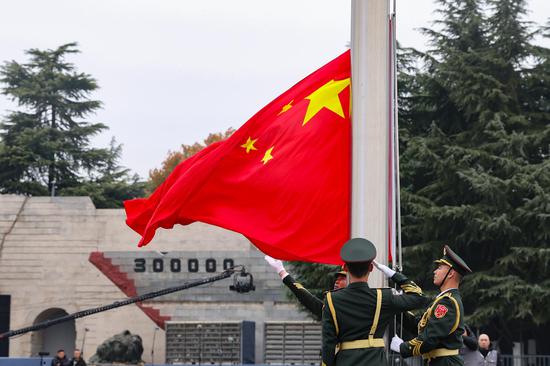

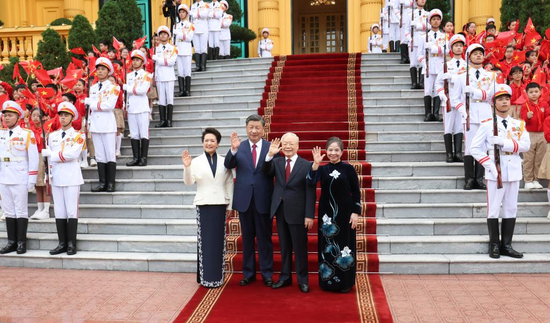


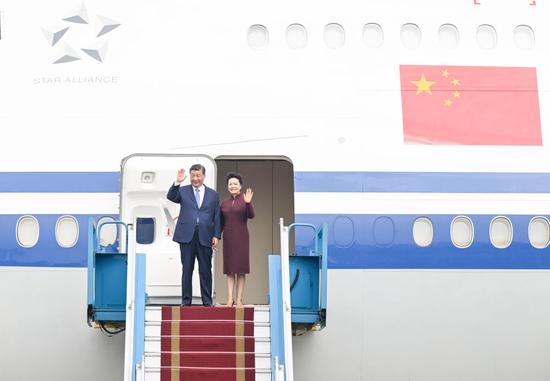

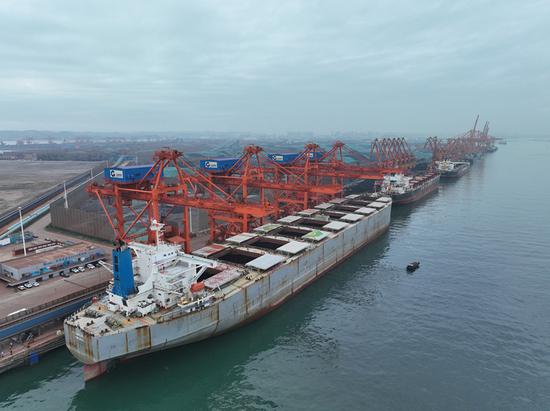





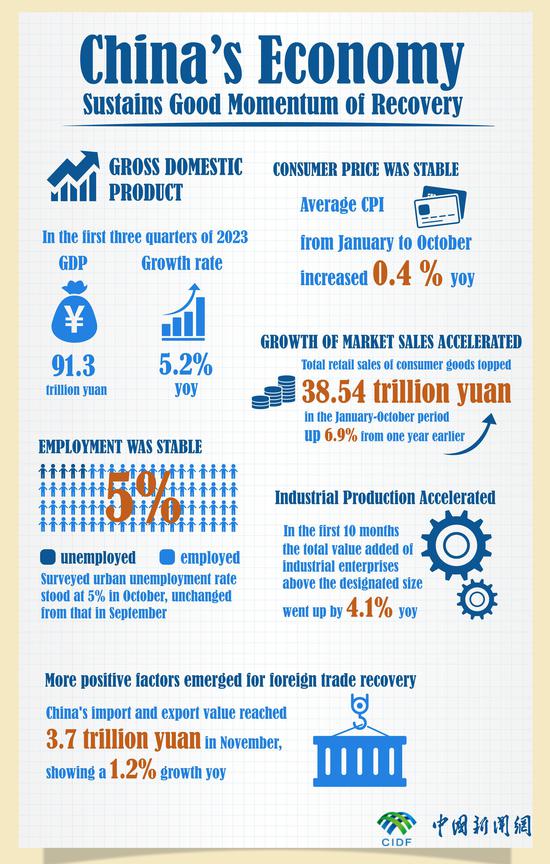




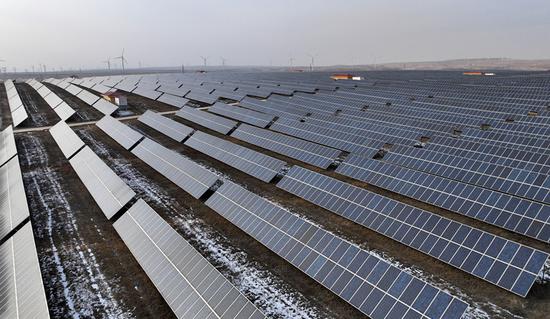
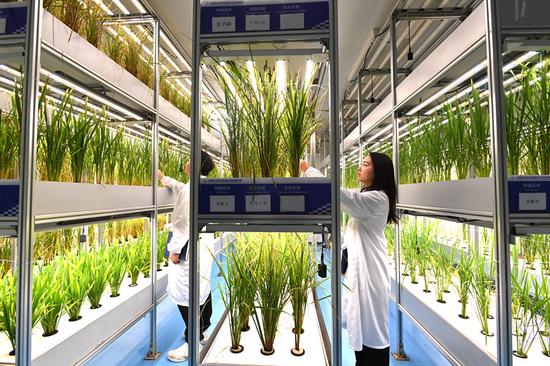



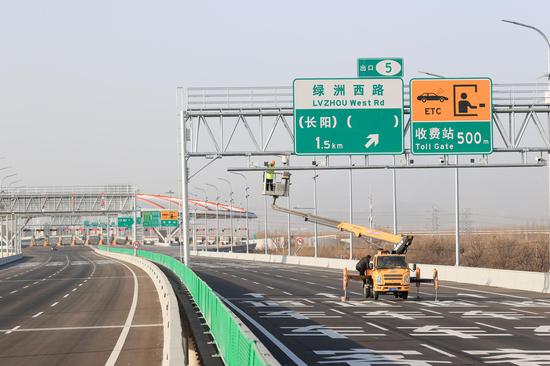







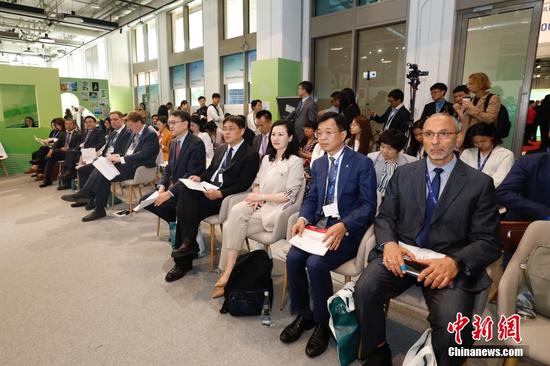









 京公网安备 11010202009201号
京公网安备 11010202009201号